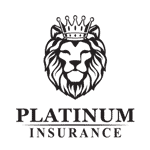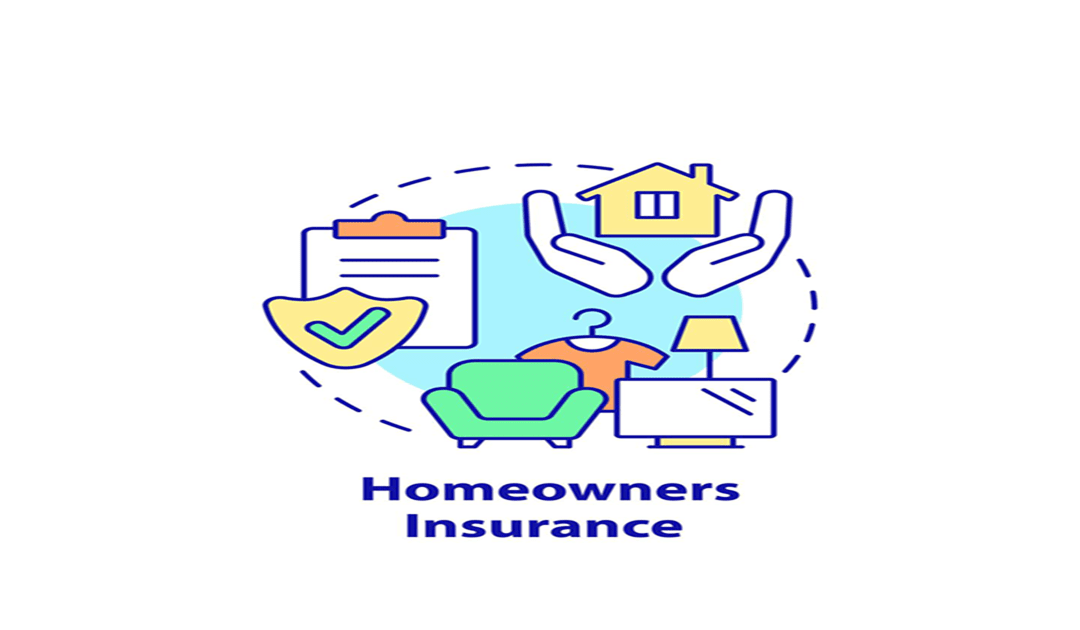What is homeowners insurance?
A homeowner insurance policy provides financial protection to your property against damage or loss to your home or personal possessions. You may also want to consider coverage to cover uninsured losses due to a loss of income and expense. Is insurance affordable? Whether you’re buying a home or a car, insurance is expensive. The reason for that is the varying types of coverage required to protect against different types of damage. Different insurers have different rates and coverage limitations, so make sure you compare rates for a variety of coverage amounts to find the best deal. Can homeowners insurance save my home from damage? In the event of a disaster or severe weather event, homeowners insurance can provide some financial protection for you or your family’s safety and property.
What are the different types of homeowners insurance?
- Homeowner insurance protects your primary asset: your home. This is the most expensive type of insurance you will need and will pay the most over the long term. • renter’s insurance covers your secondary asset: your stuff. In many areas, renters’ insurance will cost less than home insurance, especially for renters who don’t have any other property to protect. • title insurance protects your primary asset and is pretty much useless if your primary asset is already stolen. It is not typically very important for the secondary asset. How much is homeowner insurance? Homeowner insurance is incredibly expensive.
What do you need to know about homeowners insurance?
The basic idea behind homeowners insurance is to protect your home from disasters like fire and theft. If you live in an area prone to flooding, you’ll need flood insurance. Flooding is often something that could easily happen to anyone. In many places, flooding is a part of life, and there’s no need to feel like you are the only person in the world with that worry. There are several kinds of homeowners insurance available: Basic homeowners insurance: This is the insurance that a homeowner would get if they are not able to get other types of insurance. The basic homeowners’ insurance covers the basic necessities, but can’t cover a lot of what you need in a flood. This is the insurance that a homeowner would get if they are not able to get other types of insurance.
Homeowners insurance with a mortgage
Unfortunately, if you don’t have a mortgage, buying homeowners insurance without paying any premiums will only cover the deductible and the first $100,000 in damages to your home, after which you are responsible for any additional damages. However, if you have a mortgage, it makes a lot of sense to add that protection to your policy. Many insurance companies offer homeowners insurance with mortgages. This can be a good option, as you will be part of a long-term contract with a company that is both looking out for you and helping to make your mortgage payment. Homeowners insurance without a mortgage If you don’t have a mortgage, or are planning to refinance, there are other insurance options.
How do I qualify for homeowners insurance with a mortgage?
When you have a mortgage, your policy will be through the bank. This is a complicated process, so you should make sure that your lender has an easy-to-understand process for qualifying for coverage. If you don’t qualify, don’t be discouraged; you can usually get a better deal by shopping around. Homeowners insurance deductibles: the amount you have to pay out of your own pocket before your policy pays out The next step is to understand how much money you need to pay for homeowners insurance if you have a mortgage. Most homeowners insurance policies have deductibles – limits that you have to pay before the policy pays out. Check with your insurance company to see what your deductible will be for homeowners insurance.
How can I get discounts on my homeowners’ insurance policy?
You can receive discounts on your homeowners’ insurance policy for a number of reasons. You can get a discount if your home is newer, safer, or more energy-efficient. Or you can get a discount if you have an alarm system, a keyless entry system or a dog, a television, or a lot of cable channels. You can also get a discount if you install energy-efficient windows and insulation. Or if you participate in one of the many home energy audits companies provide. There are plenty of ways to get a discount, and when you do, you’ll find that it can add up to a considerable amount of savings each year. You can also get a discount if you take part in a homebuyer program. The city of Los Angeles has a homeowners’ buyback program, which gives money back to you to put towards your home’s down payment.
What are the factors that impact my homeowners’ insurance policy?
These are important factors in determining the type of insurance that is best for your home. Build: Your house’s exterior and building materials are the biggest elements when determining your premium. This is because such elements are damaged the most, and therefore, are the most expensive to repair if they are damaged. Overcomeability: The ability of your property to withstand damage is also a factor. For example, a newer home that is under a tree would be easier to repair and rebuild. It might be more cost-effective to get flood insurance to protect your home in the event that disaster strikes. Extras: You should consider adding additional coverage to protect your home from theft and disaster.
What is Not Covered by Homeowners Insurance?
Your home is what gives you the most bang for your buck in terms of a good mortgage. So, keeping your house in good shape and making sure that it’s protected from everything from extreme weather to vandals is important. However, most homeowners insurance policies do not include coverage for: Food Drinking water Electricity Power Insurance Policy Categories Homeowners insurance will cover things that fall under the following three categories: Roofing Structural Exterior The three main categories are: Cladding (Roofing) Fire and Alarms Integrity of the Exterior Roofing, cladding and fire alarm are the primary things that most homeowners insurance will cover.
What is a home insurance hazard?
Hazards are things that cause damage to your home and your property. A hazard is anything that could lead to physical harm to your house or a disaster to your home. There are many different types of hazards, some of them are relatively simple. If there is an overgrown tree in your yard, that’s considered a hazard. Or if the trees and bushes from your neighbor’s yard hit your house, that’s a hazard as well. There are more dangerous hazards as well. Hazardous waste is another hazard. This can include old batteries, used oil, paints, gas, antifreeze, or even pesticides. If you get a few items of this hazardous waste on your property, then the consequences could be devastating. In order to avoid hazardous waste, your best bet is to keep your property free of these products.
What should my homeowners’ insurance policy cover?
Homeowner’s insurance is designed to protect you and your property. Even if your property is protected by a fence, you’ll still want to make sure your homeowners’ insurance covers any additional structure you have on your property, such as a shed or garage. Keep in mind, you can’t protect your home from everything, so be sure to ask your insurance agent what they cover and make sure you’re not doing things that are not covered. What are some common home insurance products? Your homeowners’ insurance policy is going to be written for your specific situation. However, you will have several options to choose from: Perils: Some policies may limit coverage to particular perils. Examples of perils are fire and theft. Some policies have a perils list with more than 30 perils.

